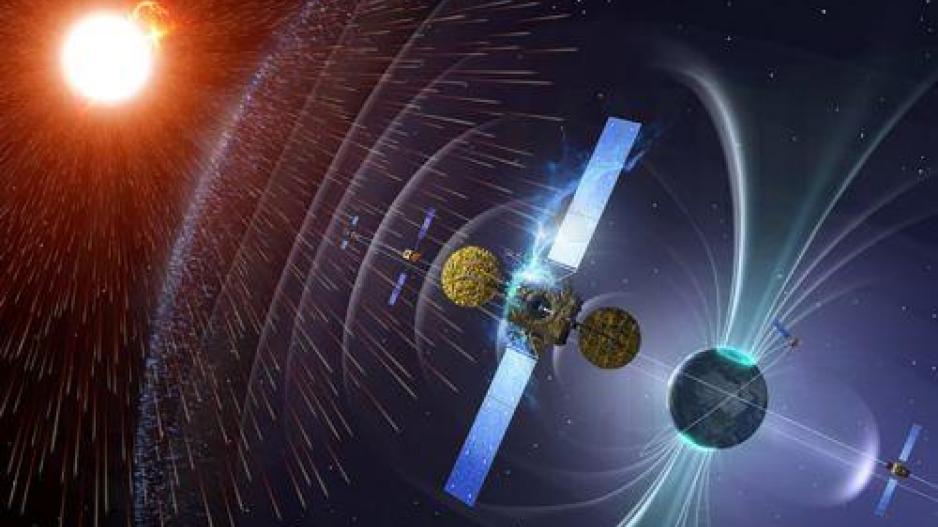Cyprus to Unveil Progress on First Domestically-Built Satellite, Expected Launch in 2026
C-SpaRC to Present Advanced Satellite Technology and Groundbreaking Research in Collaboration with NASA
The development progress of Cyprus' first domestically-built satellite, scheduled for launch in 2026, will be presented today at the Cyprus Space Research and Innovation Center (C-SpaRC) in Nicosia.
George Danos, President of the Cyprus Space Exploration Organisation, said that the satellite will conduct experiments in collaboration with NASA, using NASA sensors to study space weather. These experiments aim to improve our understanding of the impact of solar storms on Earth's atmosphere and human biology.
Additionally, the satellite will monitor environmental conditions and forests from orbit to enable the early detection of wildfires.
"But most importantly, we are developing our own domestic expertise in building micro-satellites, a critically important field on a global scale. In a few years, not having this capability will be akin to a country today lacking digitization in governance," Danos emphasized. He added, "This satellite is just the beginning."
The satellite, approximately 30 centimeters in length, will be constructed primarily from metal. Danos explained that, thanks to state-of-the-art technology, modern satellites can be significantly smaller while maintaining the capabilities of much larger satellites from 20 years ago.
The satellite, which will feature 3D-printed components, is being developed in collaboration with NASA and COSPAR, the leading international space research organization.
C-SpaRC will also unveil new, cutting-edge equipment, including Cyprus' only Selective Laser Melting (SLM) metal 3D printing system, one of the few in Europe. This system is capable of printing metals such as aluminum, steel, and platinum with exceptional precision, quality, and at large scales, according to the press release.
The release further notes that the SLM technology will soon be available for use by Cypriot companies in the Cyprus Space Cluster, significantly enhancing their competitiveness in the space industry.
"This development marks Cyprus' dynamic entry into the global space market, which generated revenues of €570 billion in 2023," the Cyprus Space Exploration Organisation stated.
In addition to the satellite's progress, significant research findings will be presented, highlighting C-SpaRC as the world’s first center to foster international collaboration while positioning Cyprus as a leader in space research and innovation.
Representatives from CSEO, the Cyprus Institute of Neurology and Genetics (CING), the CYENS Center of Excellence, the University of Cyprus, Aretaieio Hospital, NASA, and the Sodankylä Geophysical Observatory will present key research results. These will include studies on the impact of space weather on human biology, predictive modeling of space weather, and advancements in Space Situational Awareness..
C-SpaRC, a strategic infrastructure project (Strategic Infrastructure 1222) for Cyprus, is being funded by the Research and Innovation Foundation, with assistance and collaboration from NASA.






